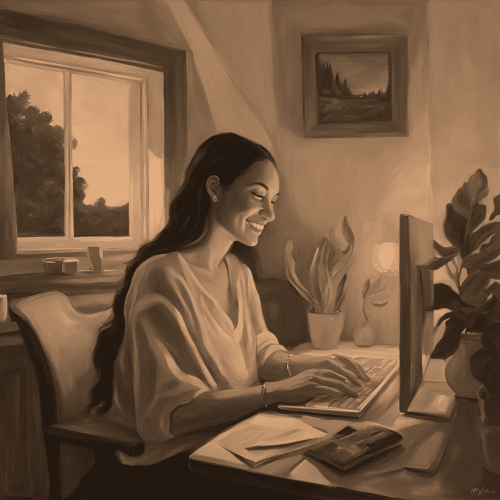As a fresh grad navigating the corporate world, I’ve encountered my fair share of personality assessments. But have you ever wondered where this obsession with categorizing our quirks and qualities began? Turns out, it’s a tale as old as time. Back in Ancient Greece, Hippocrates (yes, the oath guy) came up with the Four Temperaments theory. He basically thought your personality depended on which bodily fluid you had too much of. Imagine explaining that on your dating profile! While it sounds ridiculous now, it was the first step in our long journey to understand what makes us tick.
Fast forward to the era of black-and-white photos and psychoanalysis couches. Sigmund Freud and Carl Jung entered the chat, diving deep into our subconscious minds. They introduced concepts like id, ego, and superego – not a new boy band, but parts of our psyche. Jung’s work on psychological types laid the groundwork for many personality tests we still use today. It’s like they were the original influencers of the personality world, shaping how we think about ourselves long before Instagram gave us filters to do it visually.
By the time our parents were figuring out their personal style, personality research was getting a makeover too. In 1949, Raymond Cattell dropped the 16 Personality Factor Questionnaire, bringing some serious statistical power to the personality game. This paved the way for the Big Five model, which is now the gold standard in personality psychology. It breaks down our personalities into five main traits: Openness, Conscientiousness, Extraversion, Agreeableness, and Neuroticism. Think of it as the ultimate personality checklist – way more nuanced than just asking if you’re an introvert or extrovert.
While academics were crunching numbers, the business world caught personality fever. Enter the Myers-Briggs Type Indicator (MBTI), turning Jung’s theories into a wildly popular assessment tool. If you’ve ever been in a job interview or a team-building workshop, chances are you’ve encountered this one. It’s like astrology for the corporate world – not exactly scientific, but oddly satisfying when it tells you something you want to hear about yourself.
Now, as we navigate the gig economy and swipe through potential partners, personality mapping has gone high-tech. We’ve got AI-powered quizzes, brain imaging studies, and even genetic research trying to crack the code of human personality. Modern assessments use algorithms that would impress even my tech-savvy friends, all in an attempt to give us insights about ourselves (though let’s be honest, sometimes they just confirm what we already know from our late-night social media spirals). From ancient philosophers to the latest app promising to unlock your true self, our quest to understand human nature continues. It’s like the ultimate self-improvement project, and we’re all works in progress.







